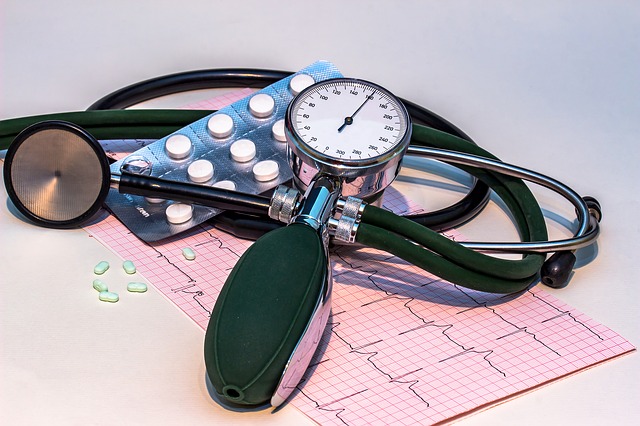New recommendations released by the American Academy of Pediatrics states that more children and adolescents are likely to register as having abnormal blood pressure during annual checkups.
High blood pressure is considered a “silent” condition, as it presents with no visible symptoms. But it can have drastic, long-term health consequences, especially in cardiovascular health, CNN reports. The new guidelines aim to prevent this for children.
The AAP convened a 20-person committee to examine the 2004 guidelines and come up with updated recommendations. The committee took a look at 15,000 articles and research work on diagnosis, evaluation and management of high blood pressure in kids and teens. They found that 3.5% of children and teenagers in the United States have hypertension.
Dr. Joseph T. Flynn, lead author of the guidelines and a professor of pediatrics at University of Washington, said,
The prevalence of 3.5% is based on fairly recent large-scale screening studies.
Based on data, the percentage in past years was around 1-2%.
Flynn said, “In infants and very young children, we worry about an underlying cause like kidney disease.” Among older school children and teens, the cause is more likely to be primary or essential hypertension. “This is like adults,” Flynn explained. “Obesity does contribute to higher blood pressure.”
But the workings behind high blood pressure are complex, as some normal-weight kinds have hypertension while other obese or overweight children don’t.
“If, for example, a child is known to have kidney disease or heart disease, then they would be at higher risk for hypertension. Another group would be kids whose parents have hypertension,” said Flynn.
The guidelines contain updated blood pressure tables with normal-weight children as the basis, in order to create more specific classifications of hypertension. More children will soon be needing treatment, as a result.
Flynn explained, “Untreated, we believe that high blood pressure in a child will lead to high blood pressure when that child becomes an adult, so that would potentially lead to an increased risk of cardiovascular disease later in life.”
The new guidelines were published in the journal Pediatrics.
























